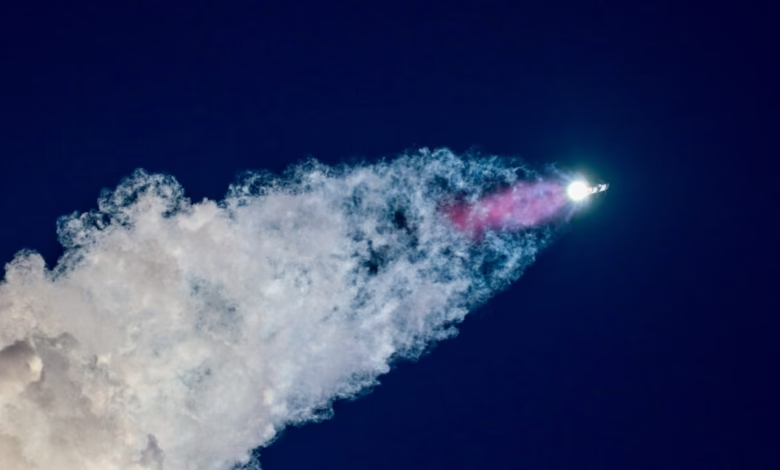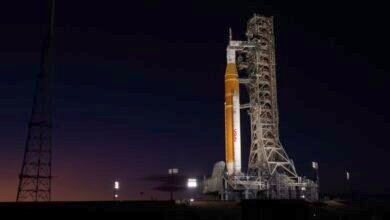Rocket Launches May Face New Fees for Airspace Sharing

▼ Summary
– The FAA may introduce fees for launch and reentry licenses to support its commercial space office amid industry growth.
– A bill proposed by Sen. Ted Cruz would phase in these fees over eight years and adjust them for inflation, funding the FAA’s commercial space operations.
– The bill also includes provisions for NASA to continue programs like SLS and Orion, conflicting with the Trump administration’s plans to cancel them.
– The FAA’s commercial space office faces a budget cut in 2026, receiving only $42 million despite rising industry demands.
– Commercial space operations surged from 11 in 2015 to 164 in recent years, with over 200 expected in 2025, driven largely by SpaceX’s Falcon 9.
The commercial space industry could soon face new licensing fees as regulators seek additional funding to manage the surge in rocket launches. A proposal from Senator Ted Cruz suggests implementing charges for companies requiring Federal Aviation Administration approval, with the goal of supporting oversight efforts in this rapidly expanding sector.
Under the plan outlined in recent budget legislation, the FAA’s Office of Commercial Space Transportation (AST) would introduce phased fees over an eight-year period. After that, adjustments would account for inflation, with proceeds directed into a dedicated trust fund. This move aims to ensure the agency has sufficient resources to handle the increasing volume of launches and reentries.
Cruz, who chairs the Senate Commerce Committee, included the provision in a broader bill affecting agencies like the FAA and NASA. The proposal comes amid debates over NASA’s future programs, including the Space Launch System and Orion spacecraft, which the current administration has sought to discontinue after initial lunar missions.
Recent budget requests highlight the financial strain on AST. While the office received roughly $42 million in funding for 2026, this figure represents only a tiny portion of the FAA’s total $22 billion budget request. Adjusted for inflation, the amount effectively reduces AST’s purchasing power despite growing industry demands.
The need for additional funding is clear when comparing past and present launch activity. In 2015, the FAA licensed just 11 commercial operations with a budget of $16.6 million. By last year, that number skyrocketed to 164, with projections exceeding 200 launches and reentries in 2025. Much of this growth stems from SpaceX’s Falcon 9, which dominates the current launch landscape.
As commercial spaceflight continues to accelerate, regulators face mounting pressure to streamline approvals while maintaining safety standards. The proposed fees could provide critical support, ensuring the FAA keeps pace with an industry evolving faster than ever before.
(Source: Ars Technica)





